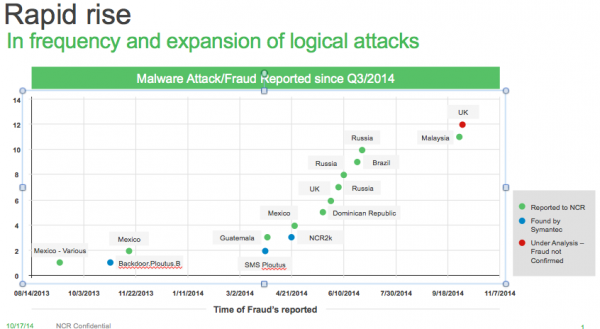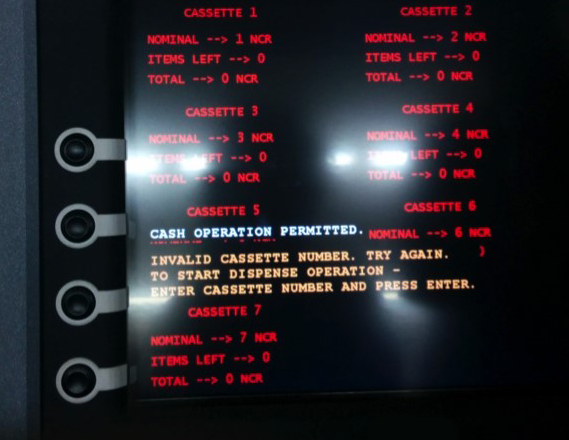In an era when new consumer data breaches are disclosed daily, fake claims about data leaks are sadly becoming more common. These claims typically come from fame-seeking youngsters who enjoy trolling journalists and corporations, and otherwise wasting everyone’s time. Fortunately, a new analysis of recent bogus breach claims provides some simple tools that anyone can use to quickly identify fake data leak claims.
 The following scenario plays out far too often. E-fame seekers post a fake database dump to a site like Pastebin and begin messaging journalists on Twitter and other social networks, claiming that the dump is “proof” that a particular company has been hacked. Inevitably, some media outlets will post stories questioning whether the company was indeed hacked, and the damage has been done.
The following scenario plays out far too often. E-fame seekers post a fake database dump to a site like Pastebin and begin messaging journalists on Twitter and other social networks, claiming that the dump is “proof” that a particular company has been hacked. Inevitably, some media outlets will post stories questioning whether the company was indeed hacked, and the damage has been done.
Fortunately, there are some basic steps that companies, journalists and regular folk can take to quickly test whether a claimed data leak is at all valid, while reducing unwarranted damage to reputation caused by media frenzy and public concern. The fact-checking tips come in a paper from Allison Nixon, a researcher with Deloitte who — for nearly the past two years — has been my go-to person for vetting public data breach claims.
According to Nixon, the easiest way to check a leak claim is to run a simple online search for several of its components. As Nixon explains, seeking out unique-looking artifacts — such as odd passwords or email addresses — very often reveals that the supposed leak is in fact little more than a recycled leak from months or years prior. While this may seem like an obvious tip, it’s appalling at how often reporters fail to take even this basic step in fact-checking a breach claim.
A somewhat more advanced test seeks to measure how many of the “leaked” accounts are already registered at the supposedly breached organization. Most online services do not allow two different user accounts to have the same email address, so attempting to sign up for an account using an email address in the claimed leak data is an effective way to test leak claims. If several of the email addresses in the claimed leak list do not already have accounts associated with them at the allegedly breached Web site, the claim is almost certainly bogus. Continue reading









![The 2pac[dot]cc credit card shop.](https://krebsonsecurity.com/wp-content/uploads/2014/10/2packcc-285x173.png)
![2pac[dot]cc's apologetic message to would-be customers of the credit card fraud shop.](https://krebsonsecurity.com/wp-content/uploads/2014/10/2pacgone-600x104.png)


